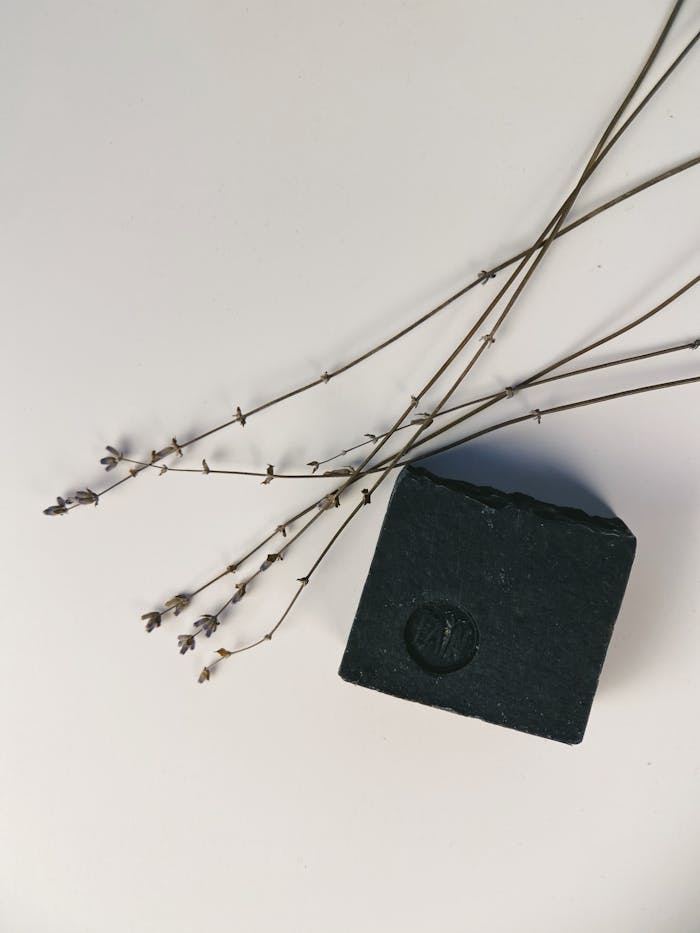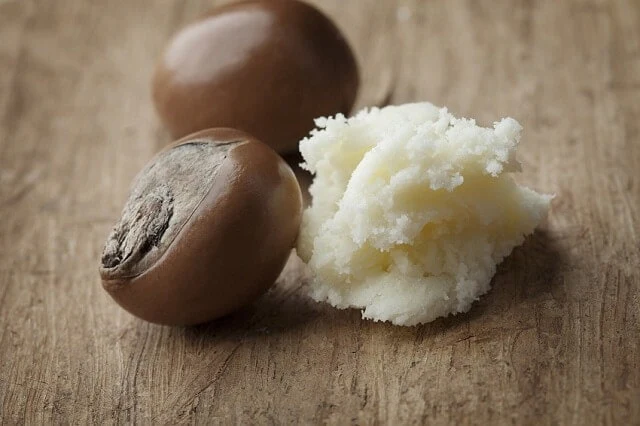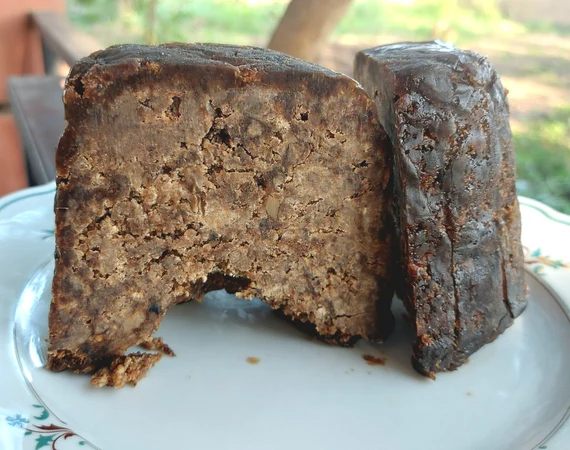African Black soap, also known as “Ose Dudu” or “Alata Samina,” has a rich history that dates back centuries, deeply rooted in West African culture. This natural soap, traditionally made by hand, has been used for generations for its incredible skincare benefits. Let’s delve into the origins of African Black soap and explore how it has evolved from an ancient beauty secret to a globally cherished skincare staple.
1. The Birthplace: West Africa
- Cultural Significance: African Black soap originates from West African countries, particularly Ghana, Nigeria, and Togo. It has been a part of local communities for centuries, playing a vital role in traditional healing and skincare practices.
- Ancestral Wisdom: The knowledge of making Black soap has been passed down through generations. Women in rural communities, often the custodians of this craft, produce the soap using age-old techniques and recipes.
2. Traditional Ingredients
- Natural Origins: The ingredients used in authentic African Black soap are all-natural and locally sourced. The primary ingredients include plantain skins, cocoa pods, palm tree leaves, and shea butter.
- Sustainable Practices: The ingredients are often harvested sustainably, reflecting a deep respect for the environment and the resources it provides.
- Ingredient Significance:
- Plantain Skins: Rich in vitamins A and E, plantain skins are dried and roasted, creating the ash that gives Black soap its characteristic color.
- Cocoa Pods: Cocoa pods are another key ingredient, contributing to the soap’s natural exfoliating properties.
- Shea Butter: Known for its moisturizing and healing properties, shea butter is often added to Black soap to enhance its skin-nourishing benefits.
3. The Making of African Black Soap
- Traditional Methods: The process of making Black soap is labor-intensive and time-consuming. The plantain skins, cocoa pods, and other ingredients are sun-dried and then roasted in a clay oven, resulting in a dark ash. This ash is mixed with water and oils, such as palm oil or coconut oil, and cooked until the soap solidifies.
- Craftsmanship: The production of Black soap is considered a craft, with each family or community having its own unique recipe and method. This craftsmanship ensures that no two batches of Black soap are exactly alike.
4. Cultural Importance
- Community and Economy: In many West African communities, the production and sale of Black soap are vital for local economies. It provides a source of income for many families, especially women.
- Rituals and Healing: Historically, Black soap has been used not just for cleansing but also in various rituals and healing practices. Its ability to cleanse deeply and purify has made it a staple in traditional medicine.
5. The Global Journey of Black Soap
- Introduction to the World: In the past few decades, African Black soap has gained international recognition for its natural ingredients and effectiveness in treating skin conditions like acne, eczema, and hyperpigmentation.
- Modern Adaptations: While traditional Black soap remains popular, many modern versions incorporate additional ingredients like essential oils or aloe vera to enhance its properties and appeal to a global audience.
6. The Authenticity Factor
- Preserving Tradition: With the rise in popularity of Black soap, there has also been an increase in imitations and diluted products. Authentic African Black soap remains handmade, with a focus on natural ingredients and traditional methods.
- Supporting Communities: Purchasing authentic Black soap supports the communities and artisans who have been making it for generations, helping to preserve this important cultural heritage.
Conclusion
African Black soap is more than just a skincare product; it is a piece of history, a symbol of cultural heritage, and a testament to the enduring wisdom of African communities. As its popularity continues to grow worldwide, it is essential to honor and respect the traditional practices that have made Black soap the revered product it is today. Whether you’re using it for its natural cleansing properties or as part of a ritual, African Black soap connects you to a rich tradition of beauty and healing.



